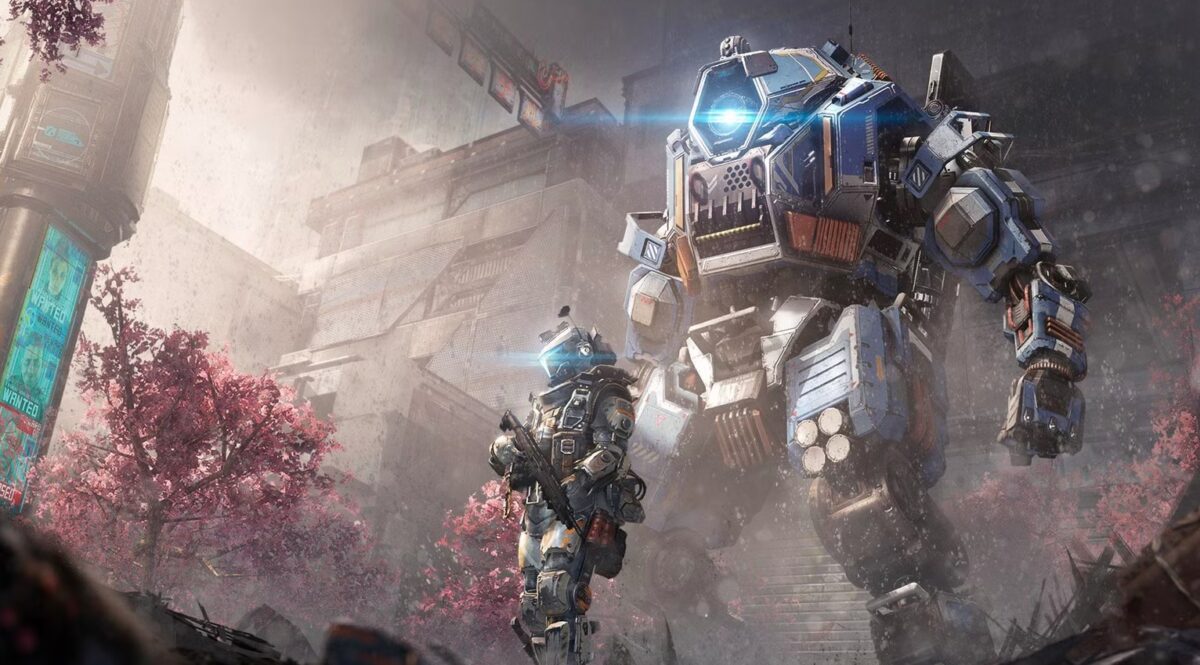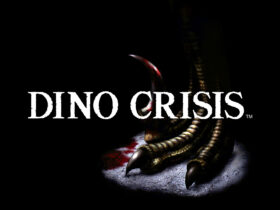Sadly, 2025 has seen more major game cancellations than any year I can think of – 17 confirmed or reliably reported projects scrapped. Ouch. Some of them were being made by the biggest studios in the world, games with hype, big budgets and talent behind them. Even some of the games that did come out, after years of development hell, however, some gamers might wish for those titles to never have come out in the first place – it’s been a bloodbath, to say the least.
Perfect Dark, the Titanfall sequel (I’m still crying over that one), even a Wonder Woman game from the studio behind Middle-Earth: Shadow of Mordor didn’t survive Warner Bros’ blood lust in cutting down projects. So what gives? Big publishers like Tencent and Activision are buying more IP’s than ever, but for some reason, a lot of these projects are scrapped or frankly never leave development hell, with numerous reports about mismanagement, wasting time with repurposing intellectual property and buyouts.
If you thought it hits the big players only, you’re sorely mistaken. Example? Earthblade, the follow-up to Celeste, was canceled by its indie creators – a rare case where a small studio publicly admitted defeat not because of publisher interference, but because the passion just wasn’t there anymore. That says a lot about where the industry is mentally right now: even the most heartfelt projects can’t escape burnout and rising expectations. So – is this the death of creativity? Or simply the sad path the industry is heading down? Let’s talk about it.
Publishers and Devs Are Playing it Safe
One would think that the fact that gaming is more profitable and socially accepted than ever, would mean creativity and risk-taking with new stories, new worlds, and revitalized IPs would be at an all-time-high too, right? Well. Yes and no. In this case that just means that these profits we’re thinking about are concentrated in fewer – and greedier – hands. Massive hits like CoD, Fortnite, and GTA Online dominate the market, while everything else scrambles for relevance and profit.
Let’s go back a while. In the ‘90s and early 2000s, developers were somehow allowed to fail and try again, because yes, games were a lot cheaper to make. A weird idea like Katamari or the next big ImSim (Deus Ex, Thief), could ship, find an audience and create a path for gaming to go forward. With all the publisher influence nowadays, a single flop can and will shut down a studio faster than you can say objection!
The result? The industry is boxed in, no matter how big the budget is. The greats of yesteryear like Bioware and Obsidian Entertainment, prior pathfinders to new gaming greatness, are now reduced to a shadow of what they once were, what with all the publishers and DEI shenanigans breathing down their neck, stifling creativity. There simply is no room for failure – and therefore no room for innovation, since that takes guts and the willingness to take risks.
No Reason to Dwell On The Past
There’s no denying that gaming has evolved – and not always in a good way. Yes, graphics are crazier than they’ve ever been, but they’ve also never been so tame, so sterile, so darn soulless. Technology has made worlds bigger and graphics more stunning than ever, but somewhere along the way, the industry stopped trusting creativity, making every game look and feel somewhat the same. Every canceled project this year is another reminder that the system isn’t built for visionaries anymore. This, my dear friends, is a gaming world built for bloodthirsty investors.
Still – there is hope, and all isn’t lost. At least not entirely. The rise of indie successes like Hollow Knight, Baldur’s Gate 3, and Stardew Valley proves that passion and creativity can still break through, even as AAA collapses under its own weight. Those games took risks and built loyal audiences without chasing market trends or quarterly projections.
And that gives me hope too, hope that someday, gaming can capture that magic of the ‘90s and the 2000s, that magic, which made me fall in love with gaming in the first place – without another year of cancellations, please.






